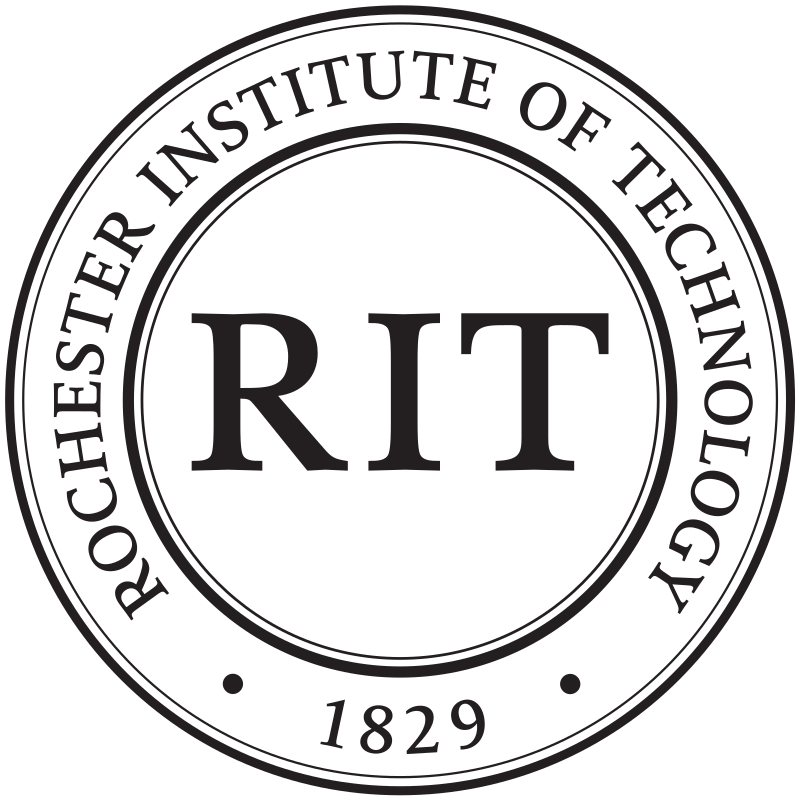
Foreign Education Consultants
Typically replies within minutes
Foreign Education Consultants
Hi There,
How can I help you?

Foreign Education Consultants
Typically replies within minutes
Foreign Education Consultants
Hi There,
How can I help you?
Get university recommendations.
Create SOP for free
Direct university communication
Track your application
Online payments
Don't have an account?
Get university recommendations.
Create SOP for free
Direct university communication
Track your application
Online payments
Already have an account?
Get university recommendations.
Create SOP for free
Direct university communication
Track your application
Online payments
Got your password?

Application Fee
RIT’s master’s in astrophysics offers students a wide range of frontier research topics in areas including multi-wavelength astrophysics, instrumentation and detector technology, computational astrophysics and gravitational wave astronomy and numerical relativity. Our guiding principle is to provide an intellectually demanding program within an informal, student-centered and supportive environment.
At RIT, you have the flexibility to tailor your plan of study to emphasize astrophysics (including observational and theoretical astrophysics),computational and gravitational astrophysics (including numerical relativity, gravitational wave astronomy), or astronomical technology (including detector and instrumentation research and development).
Pursure research interests in a wide range of topics, including design and development of novel detectors, multiwavelength studies of proto-stars, active galactic nuclei and galaxy clusters, gravitational wave data analysis, and theoretical and computational modeling of astrophysical systems including galaxies and compact objects such as binary black holes.
The degree in astrophysics focuses on the underlying physics of phenomena beyond the Earth, and on the development of the technologies, instruments, data analysis, and modeling techniques that will enable the next major strides in the field.
There has never been a more exciting time to obtain an astronomy degree and study the universe beyond the confines of the Earth. A new generation of advanced ground-based and space-borne telescopes and enormous increases in computing power are enabling a golden age of astrophysics. RIT’s astronomy degree has a multidisciplinary emphasis that sets it apart from conventional astrophysics graduate programs at traditional research universities.
RIT’s astrophysics research areas include:
Astrophysical Sciences and Technology, MS degree, typical course sequence
Course Sem. Cr. Hrs.
First Year
ASTP-601 Graduate Seminar I 1
ASTP-602 Graduate Seminar II 1
ASTP-608 Fundamental Astrophysics I 3
ASTP-609 Fundamental Astrophysics II 3
ASTP-610 Mathematical and Statistical Methods for Astrophysics 3
ASTP-613 Astronomical Observational Techniques and Instrumentation 3
ASTP-790 Research & Thesis 4
Second Year
Electives
6
ASTP-790 Research & Thesis 6
Total Semester Credit Hours
30
Electives
Course
ASTP-612 Mathematical and Statistical Methods for Astrophysics
ASTP-613 Astronomical Observational Techniques and Instrumentation
ASTP-618
Fundamentals of Theoretical Astrophysics I
ASTP-619
Fundamentals of Theoretical Astrophysics II
ASTP-660 Introduction to Relativity and Gravitation
ASTP-711
Advanced Statistical Methods for Astrophysics
ASTP-720 Computational Methods for Astrophysics
ASTP-730 Stellar Atmospheres & Evolution
ASTP-740 Galactic Astrophysics
ASTP-750 Extragalactic Astrophysics
ASTP-835 High-Energy Astrophysics
ASTP-841 The Interstellar Medium
ASTP-851 Cosmology
ASTP-861 Advanced Relativity and Gravitation
IMGS-628 Design and Fabrication of Solid State Cameras
IMGS-639 Principles of Solid State Imaging Arrays
IMGS-642 Testing of Focal Plane Arrays
PHYS-611 Classical Electrodynamics I
PHYS-612 Classical Electrodynamics II
Admission Requirements
To be considered for admission to the MS program in astrophysical sciences and technology, a candidate must fulfill the following requirements:
Tuition fee-2 years1,06,000
Total fee-2 years1,44,000



